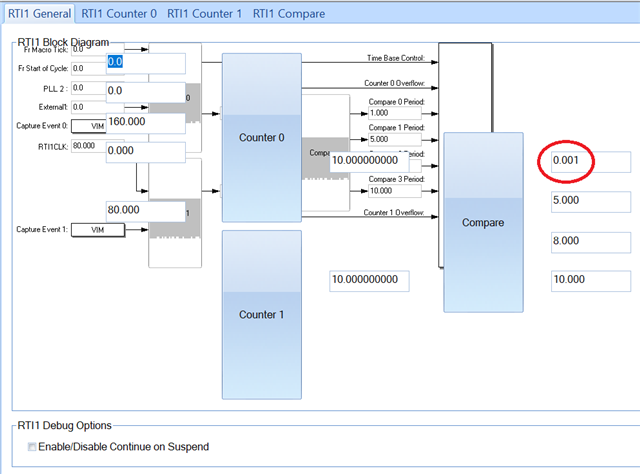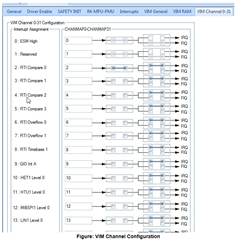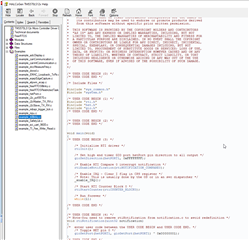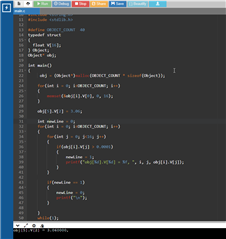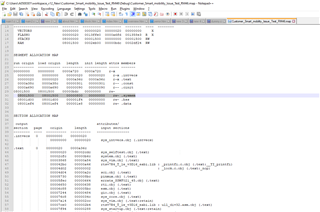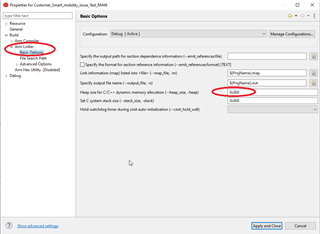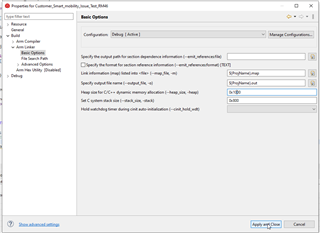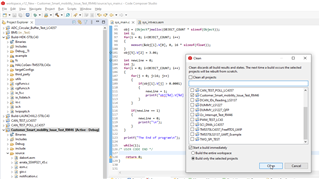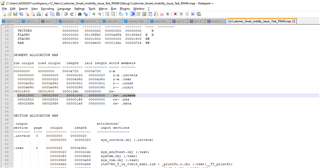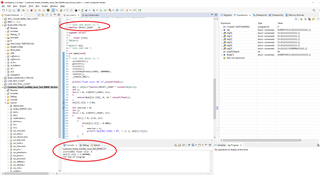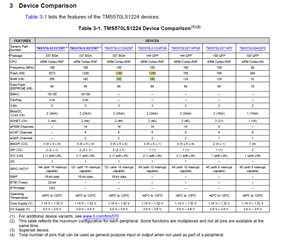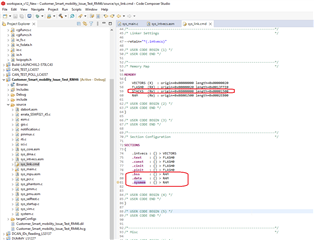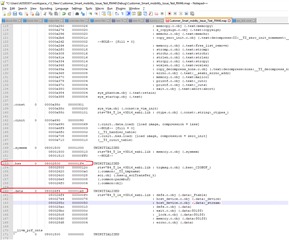Other Parts Discussed in Thread: LAUNCHXL2-TMS57012, BQ79616-Q1, BQ79600EVM, HALCOGEN, BQ79616
Hello,
I'm new with TI.
I have conected my LAUNCHXL2-TMS57012 with BQ79600EVM Evaluation Module and BQ79616-Q1.
I try to compile and execute the code from example bq79616_sample_code_PG2.0.
To be able to compile the code with the CCS Studio I had to change compiler and linker settings.
Now the project can be compiled.
if I start the execution the code is hunging in the following row:
Wake79616()
void delayus(uint16 us)
while(RTI_TIMEOUT==0);
It seems like RTI_TIMEOUT will never set to != 0.
What I'm doing wrong?
Thank you in advance
Harry


